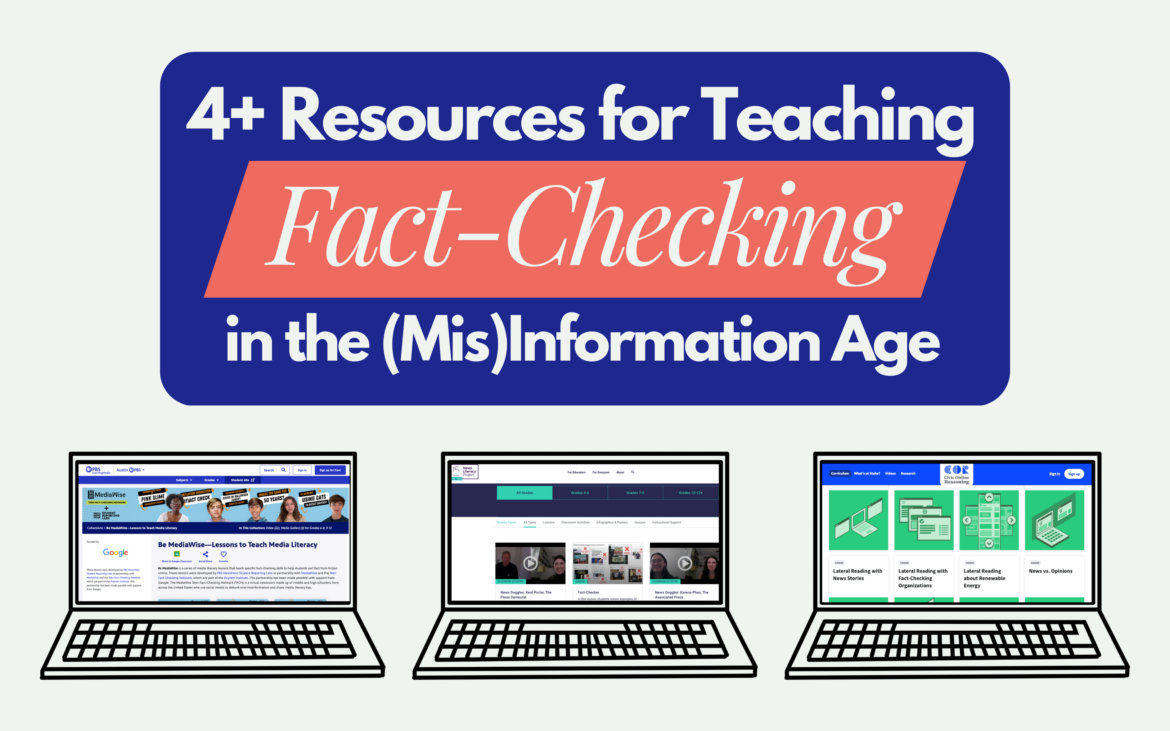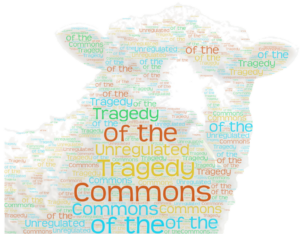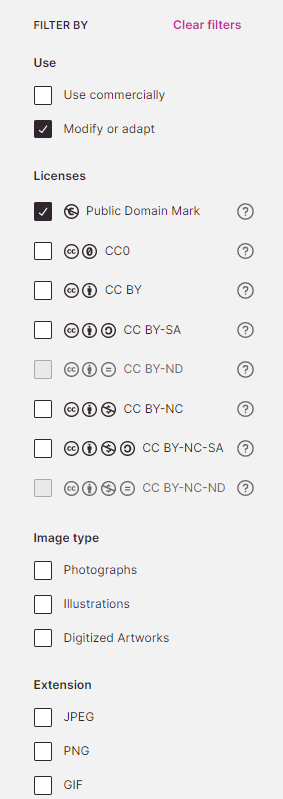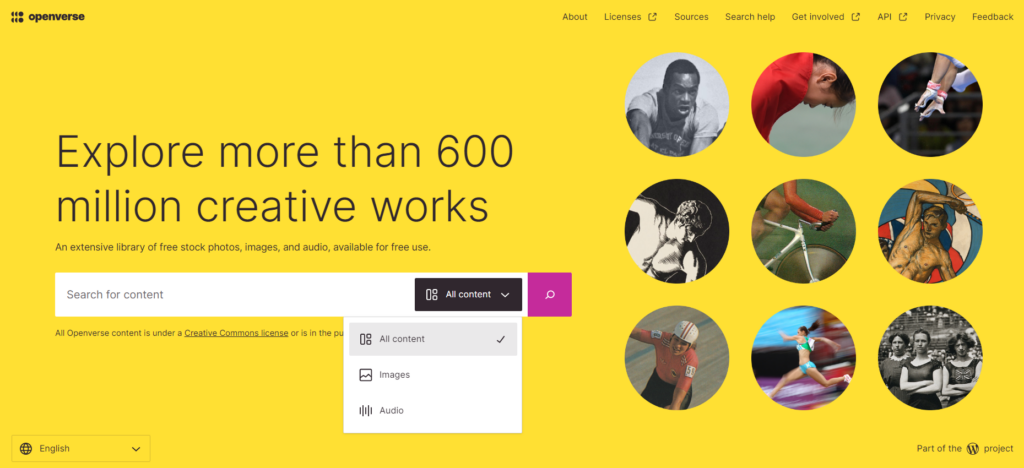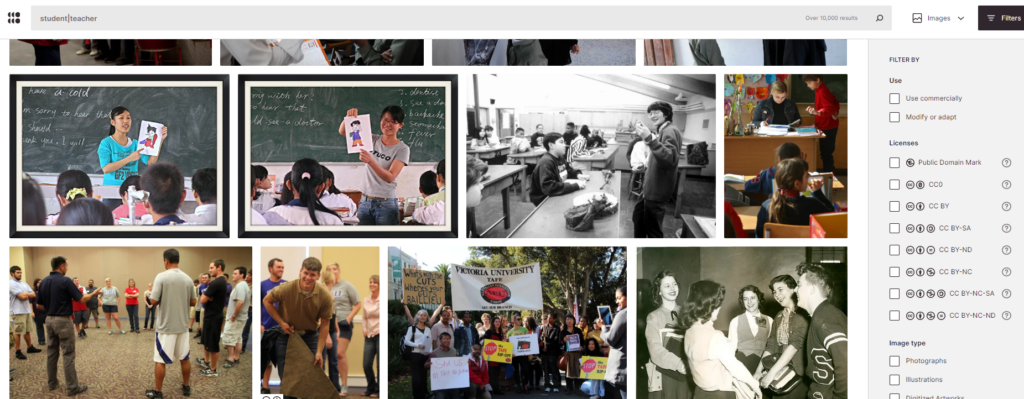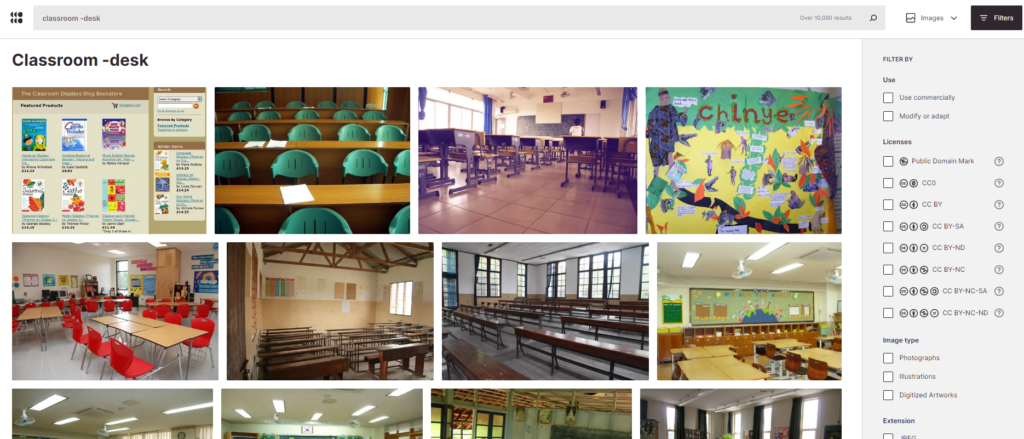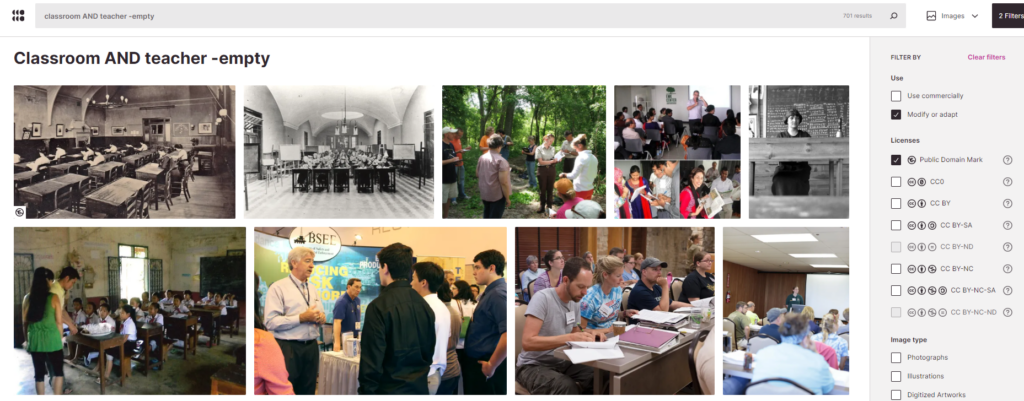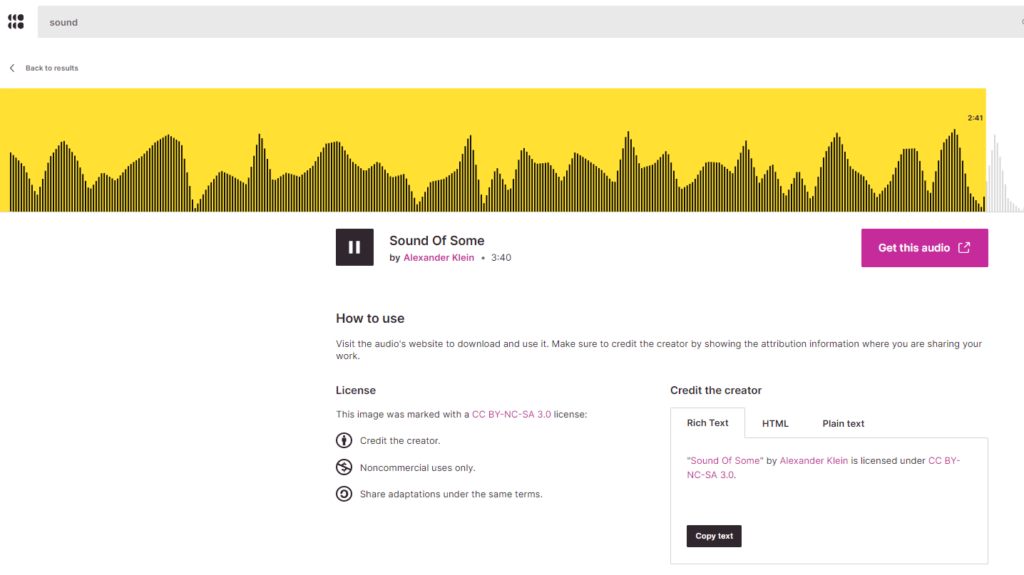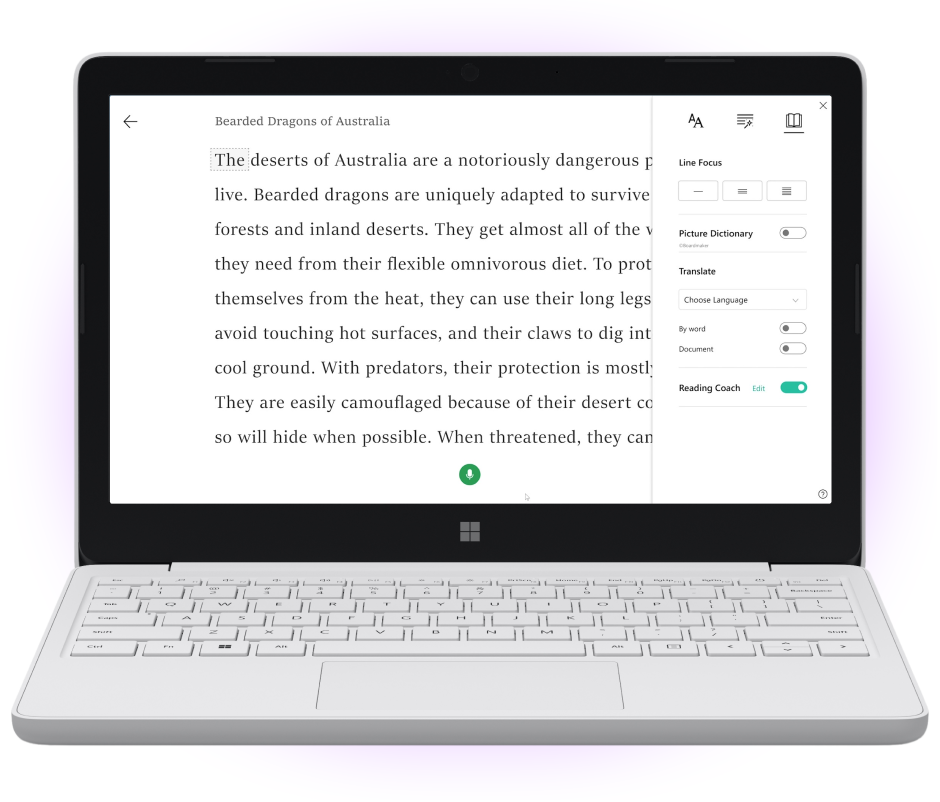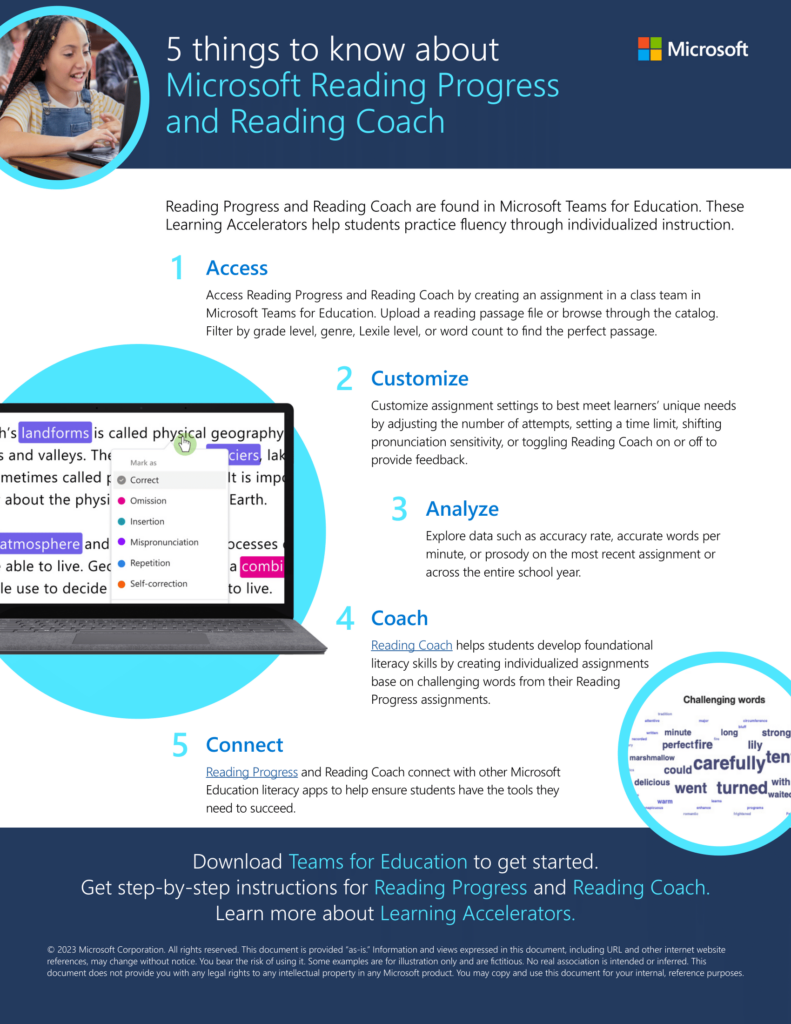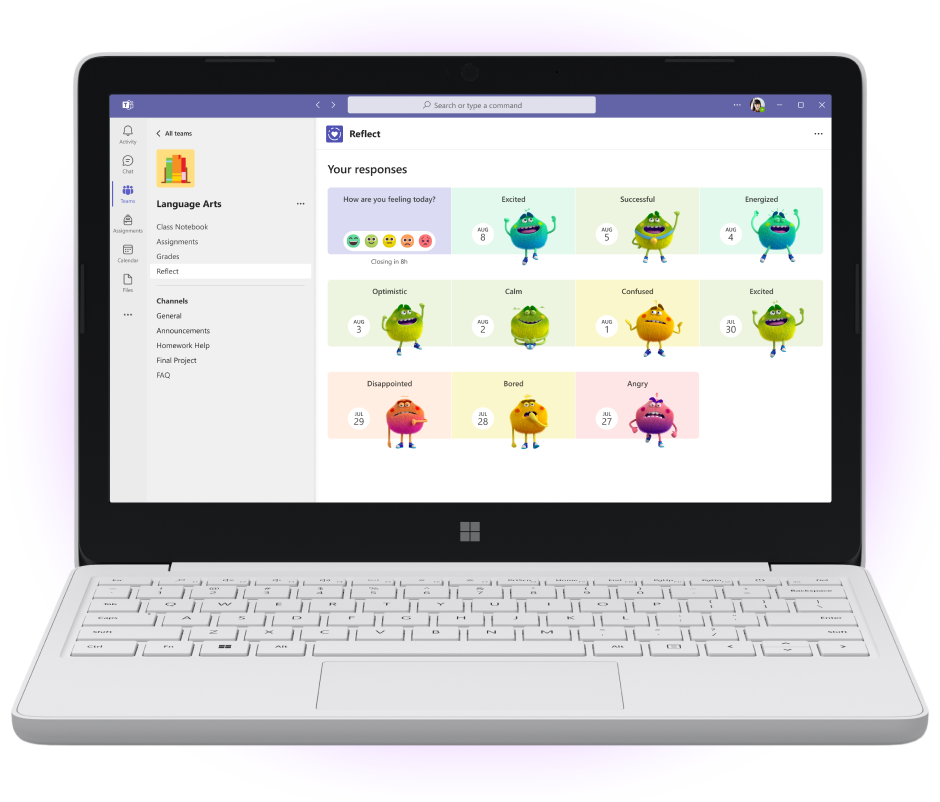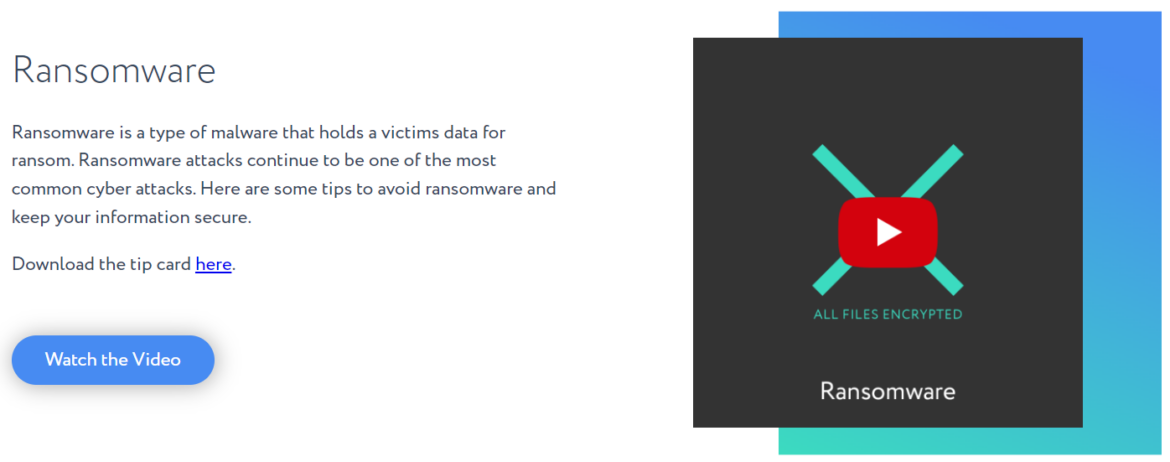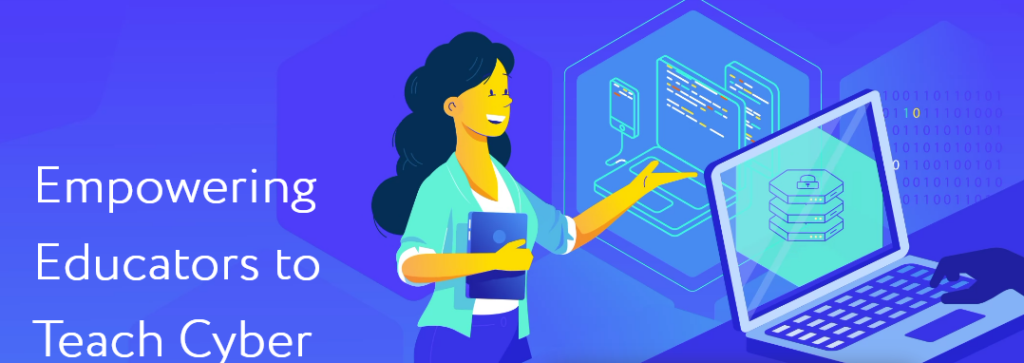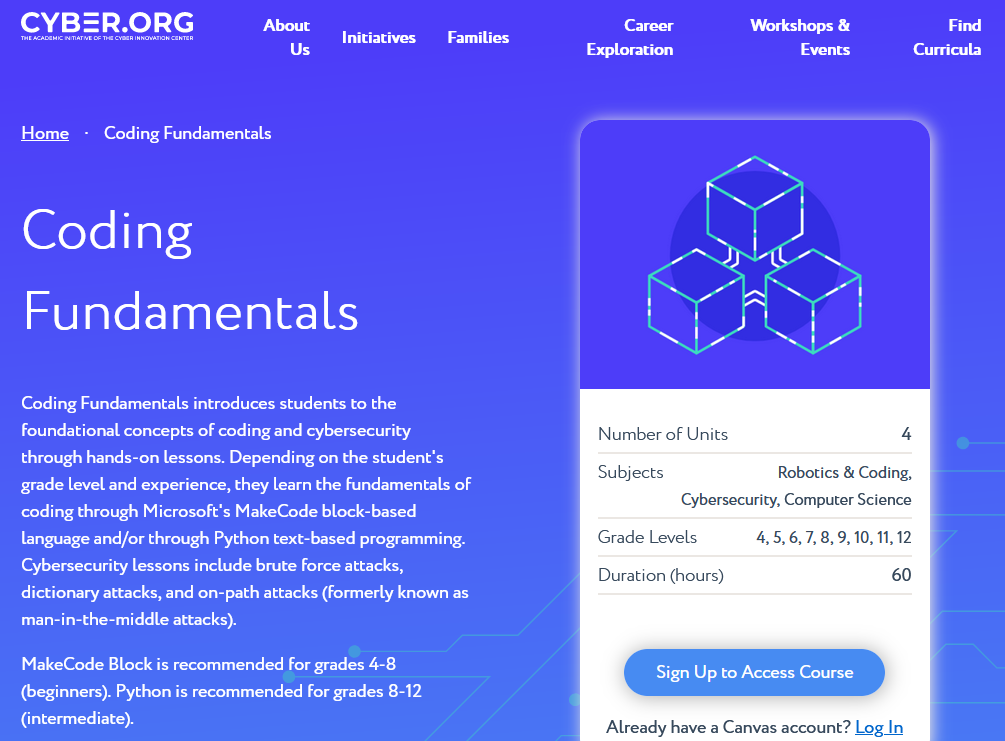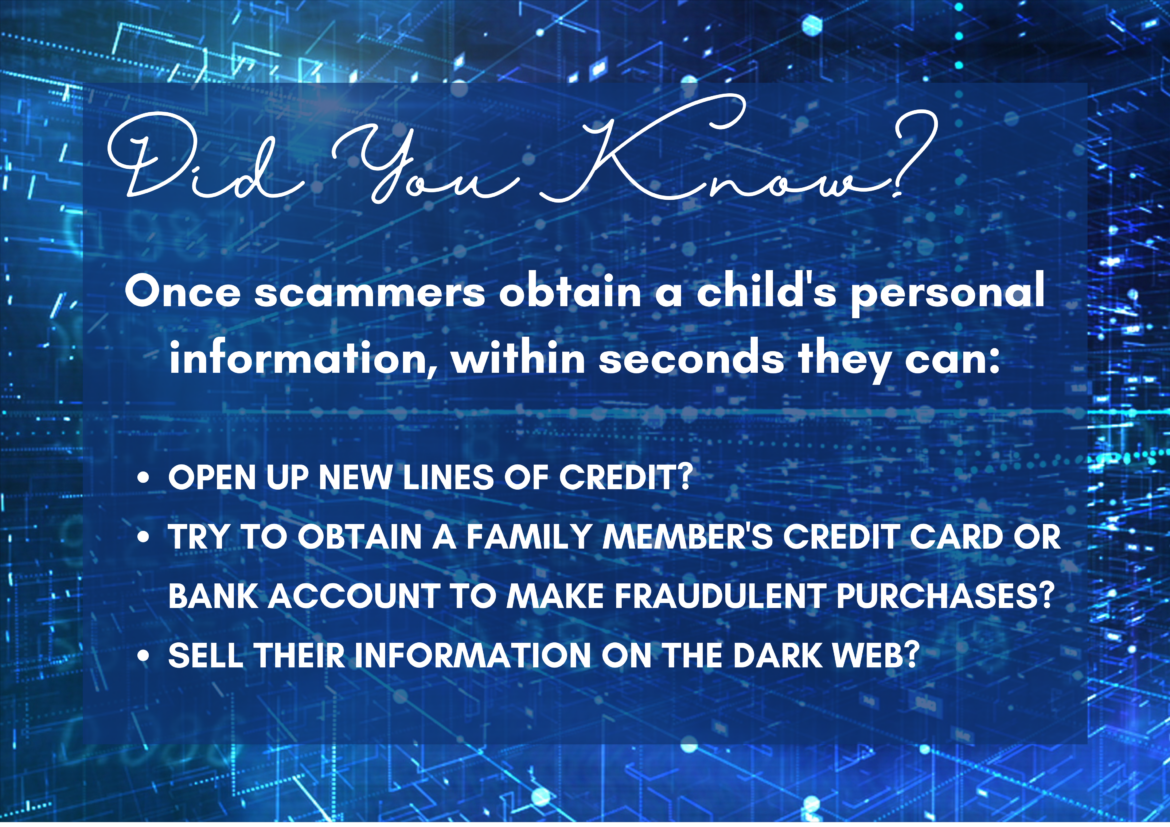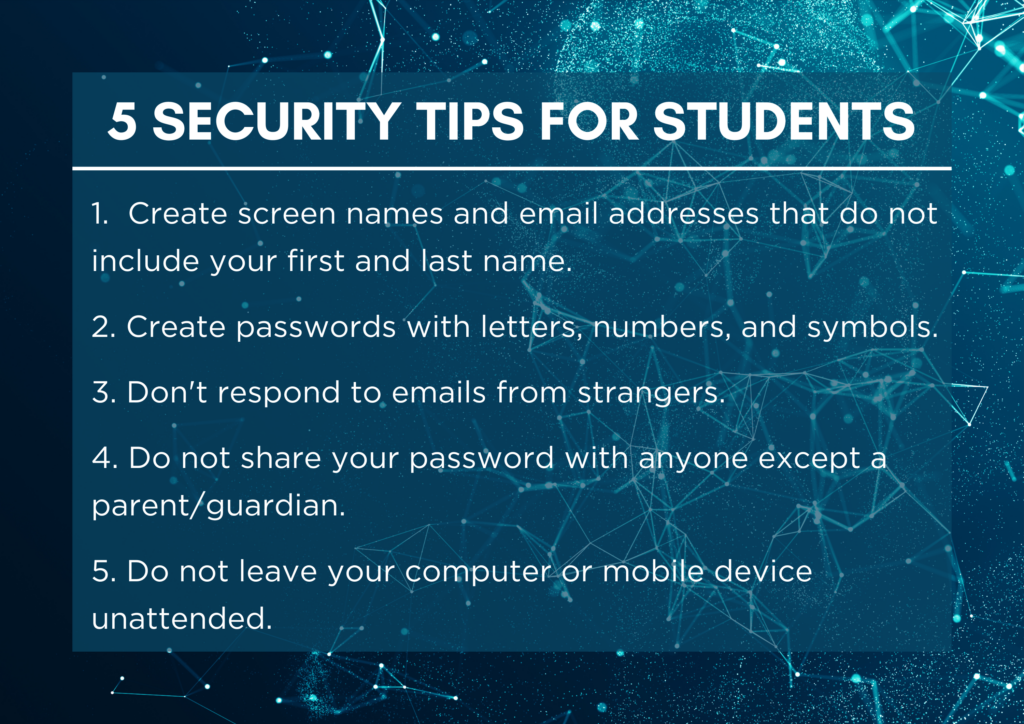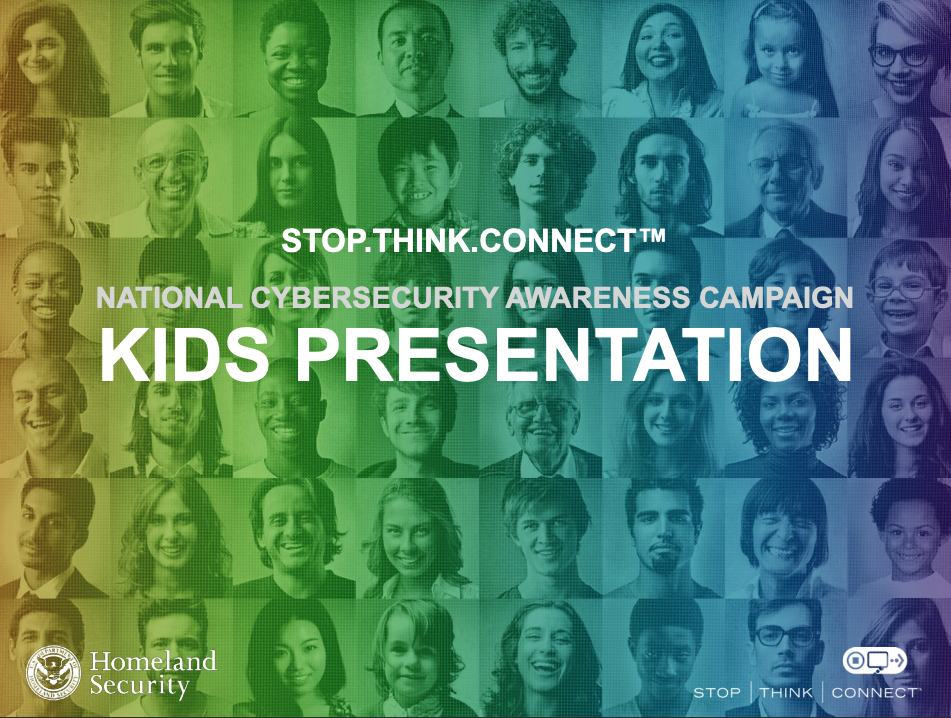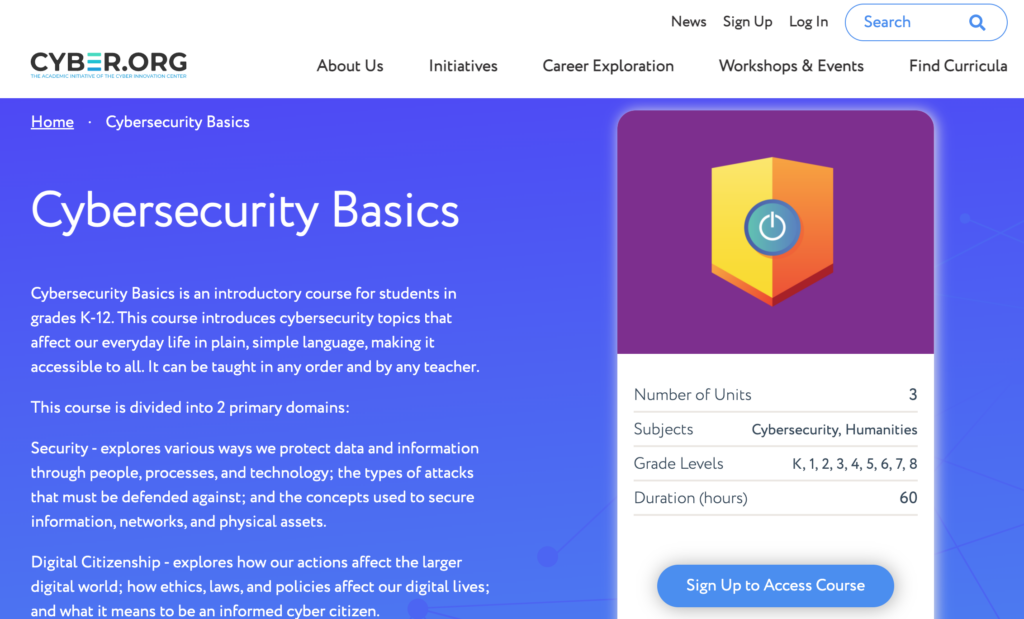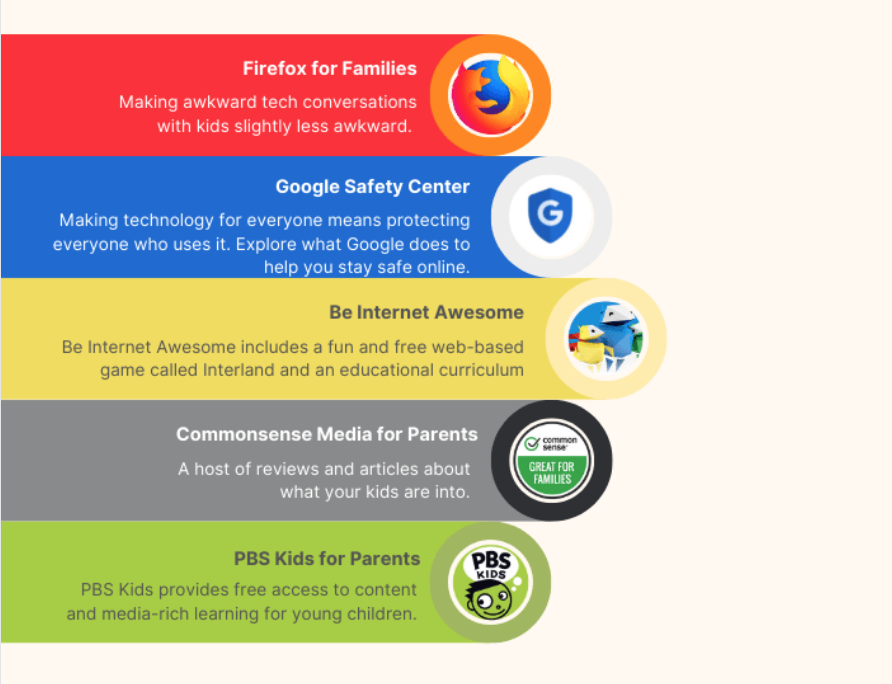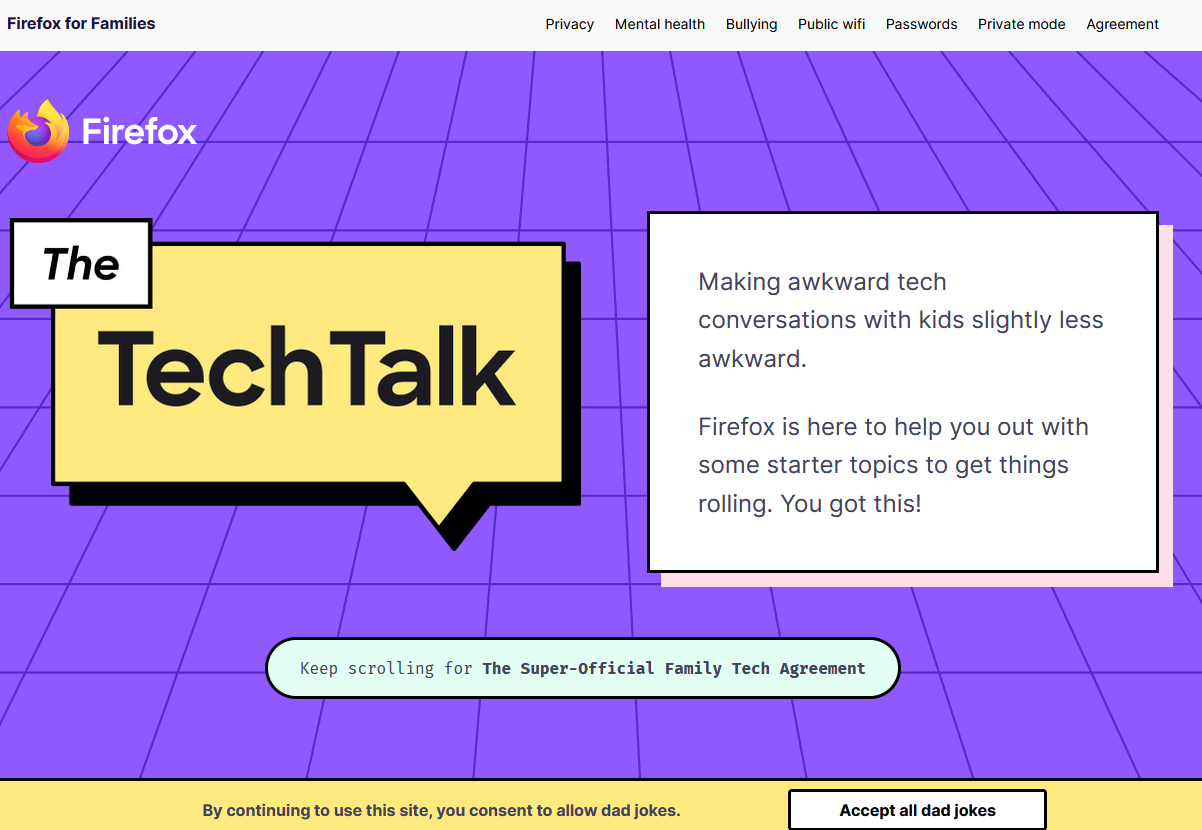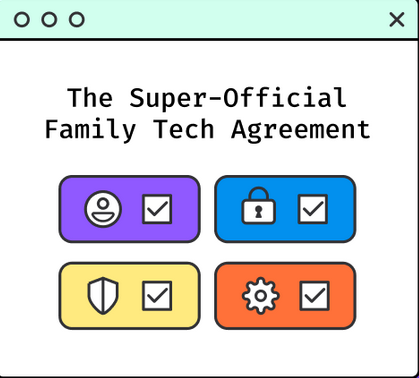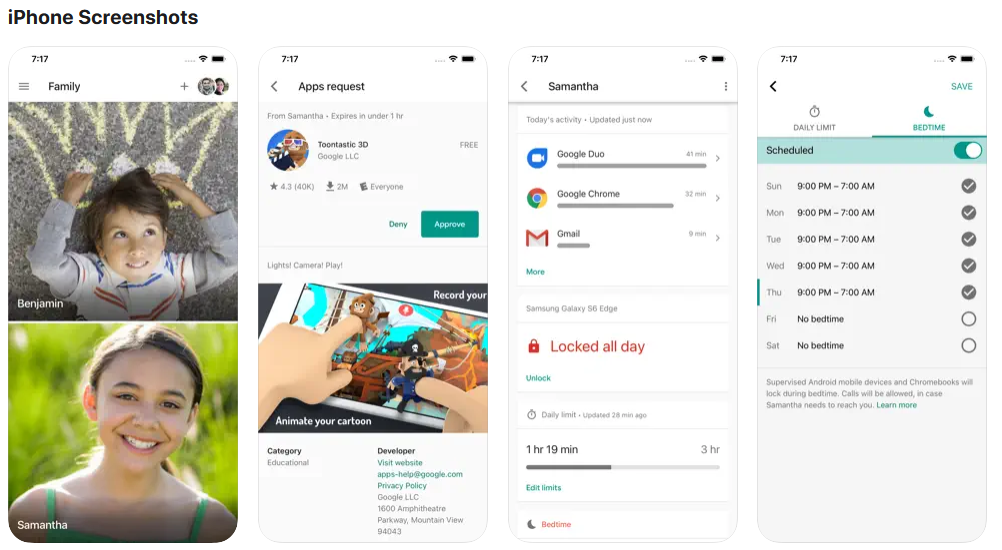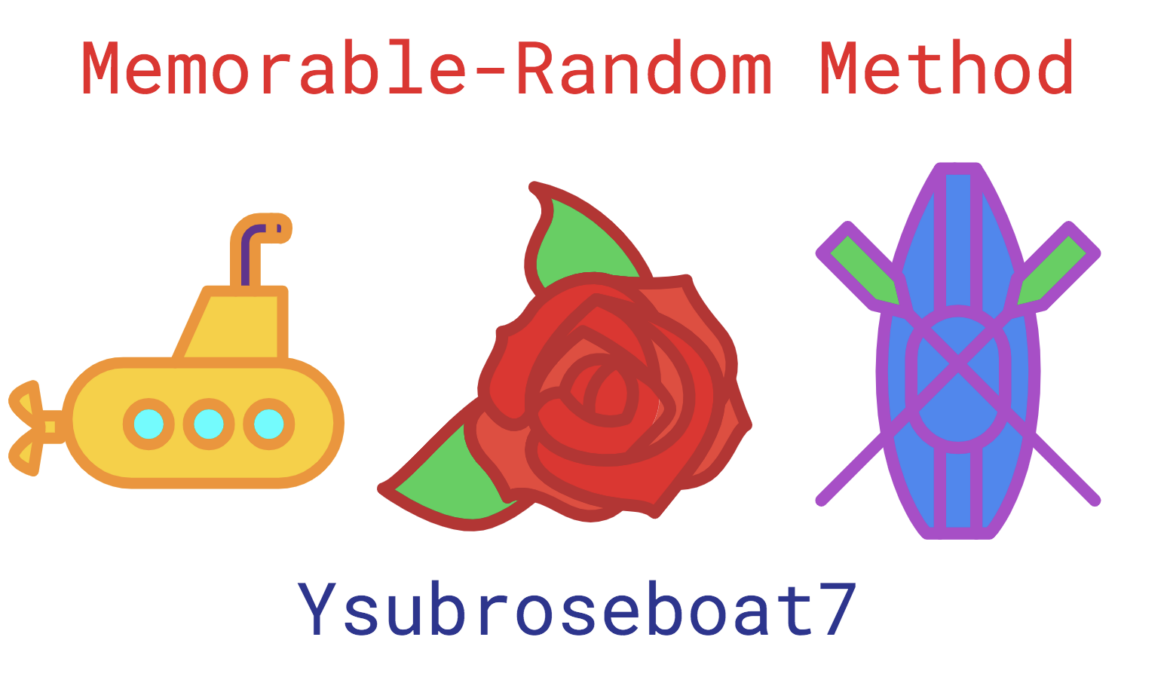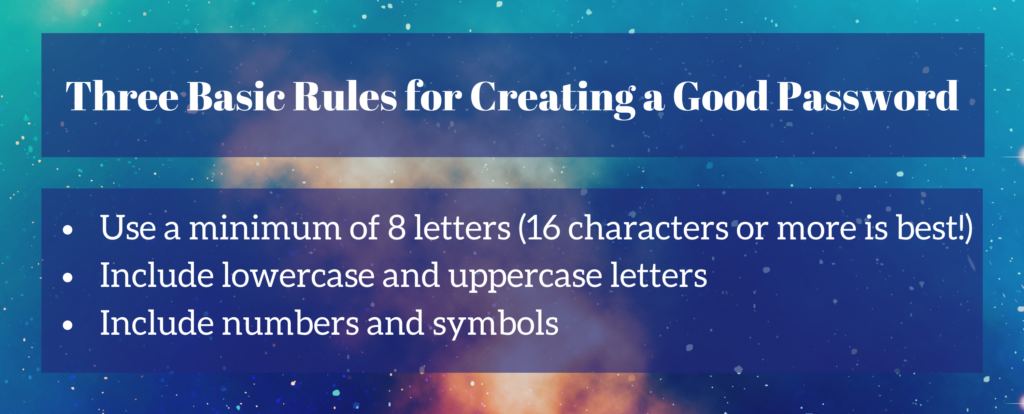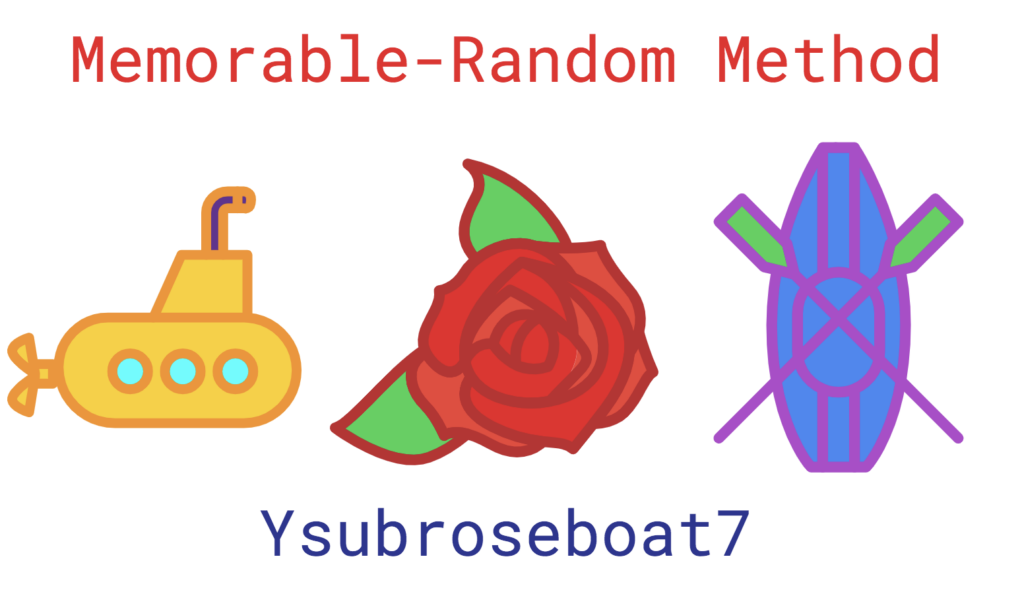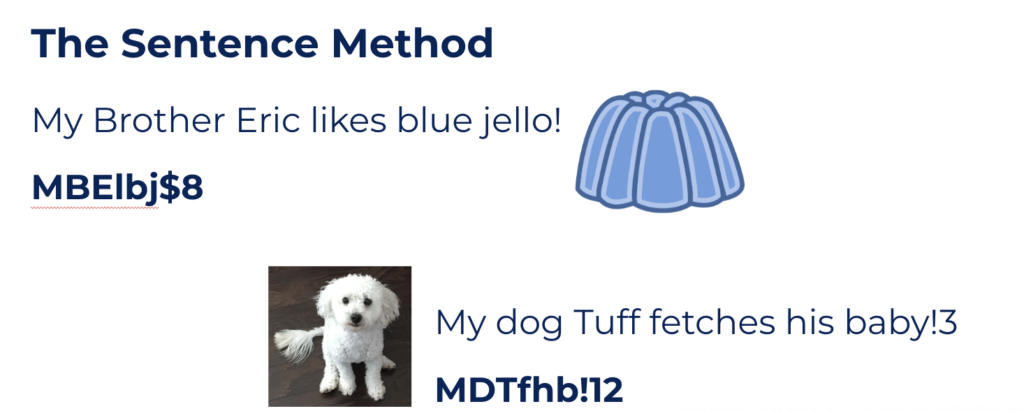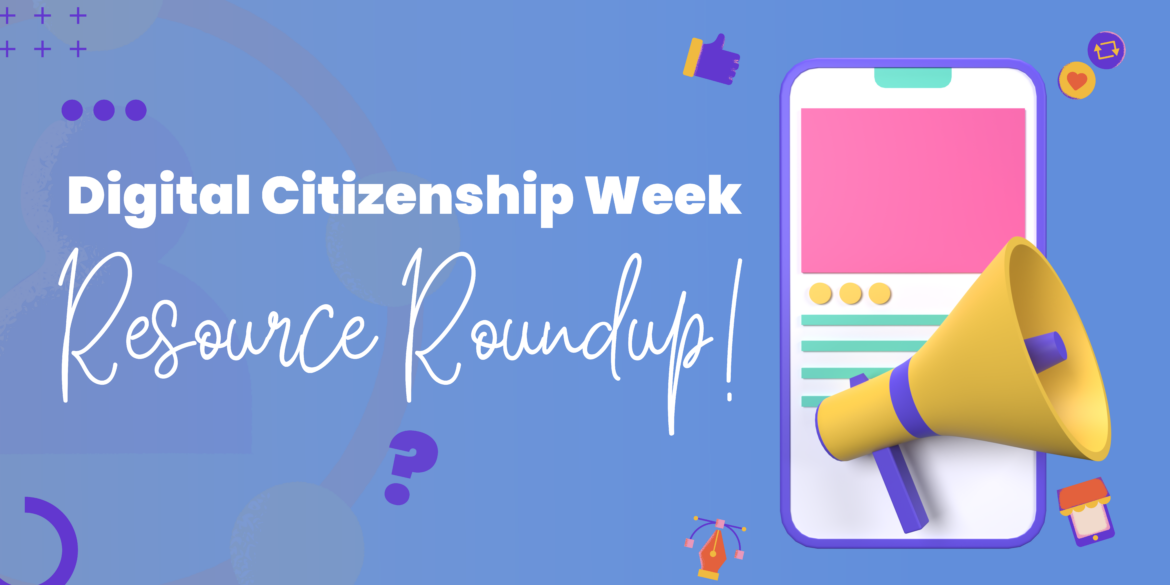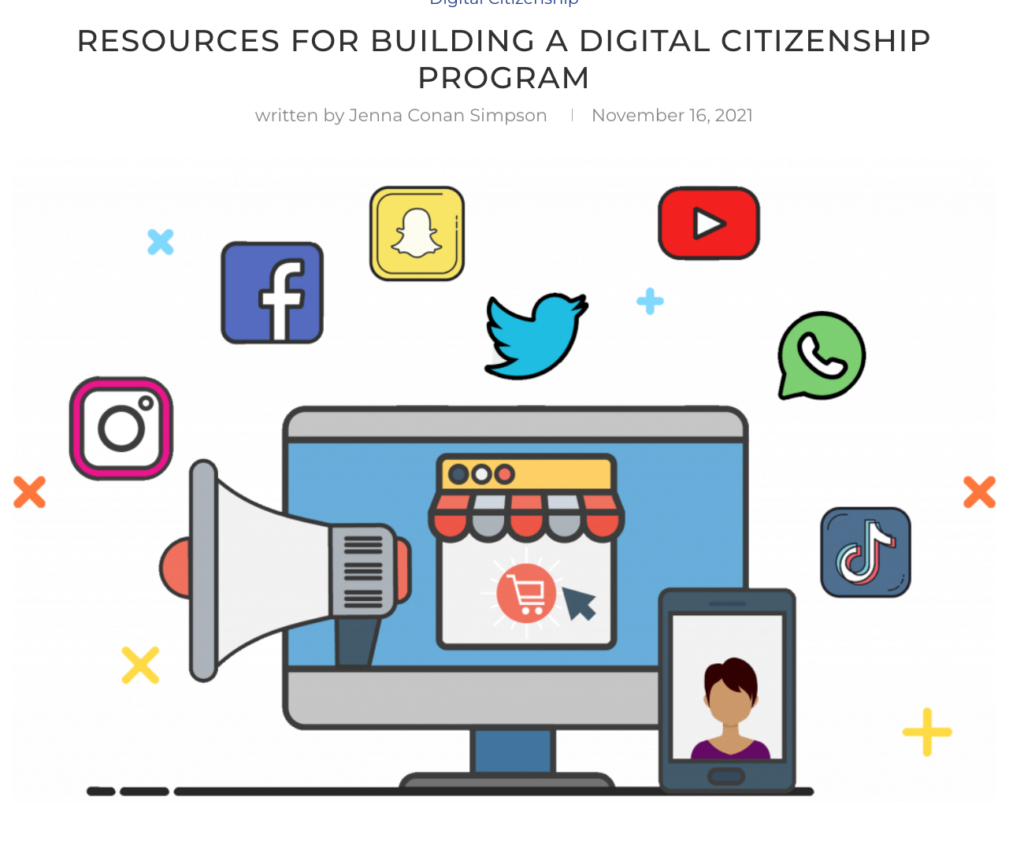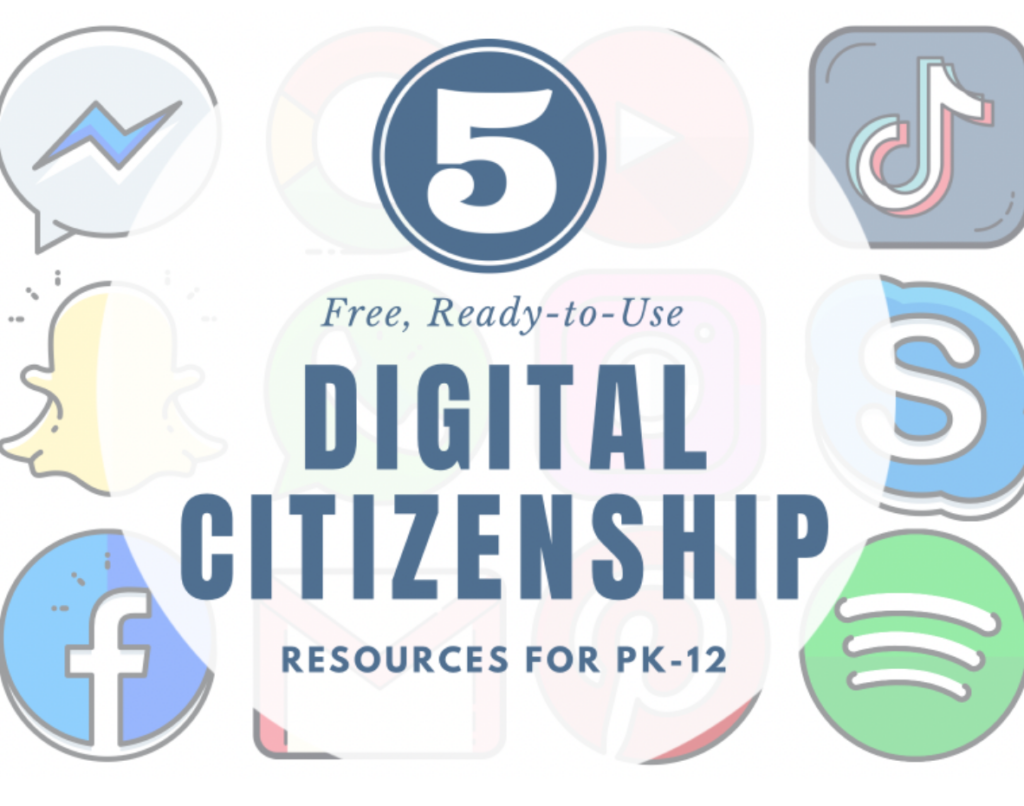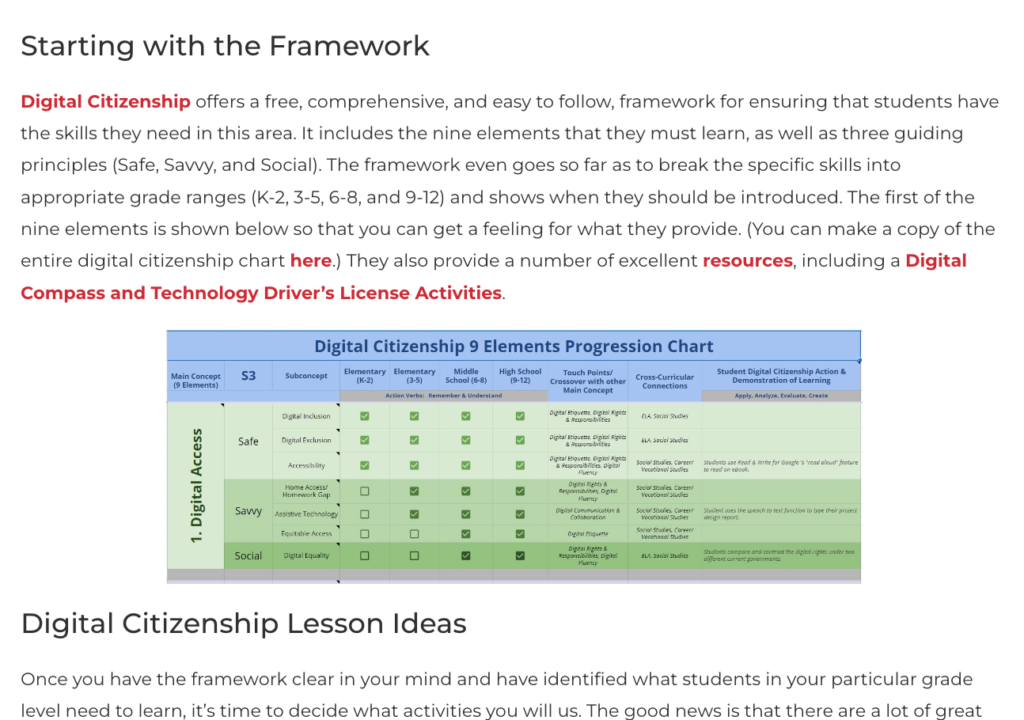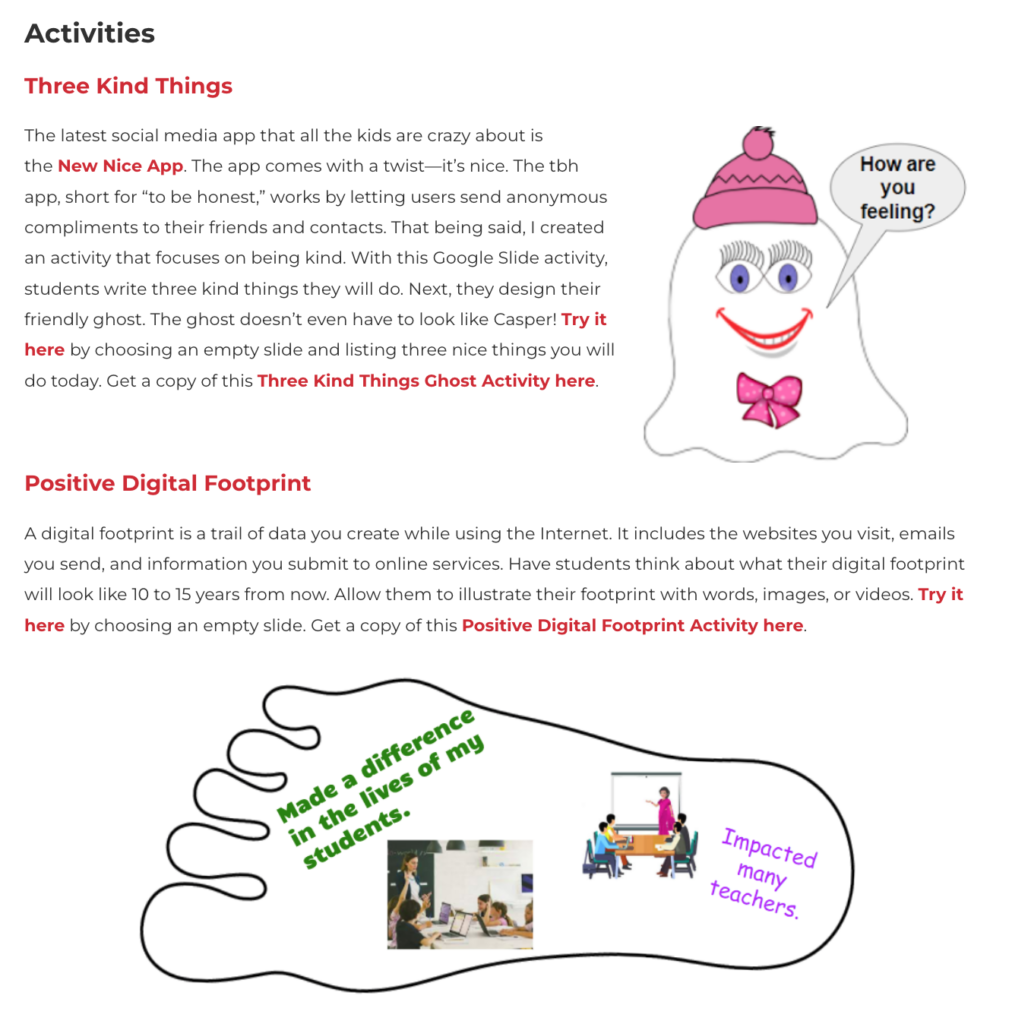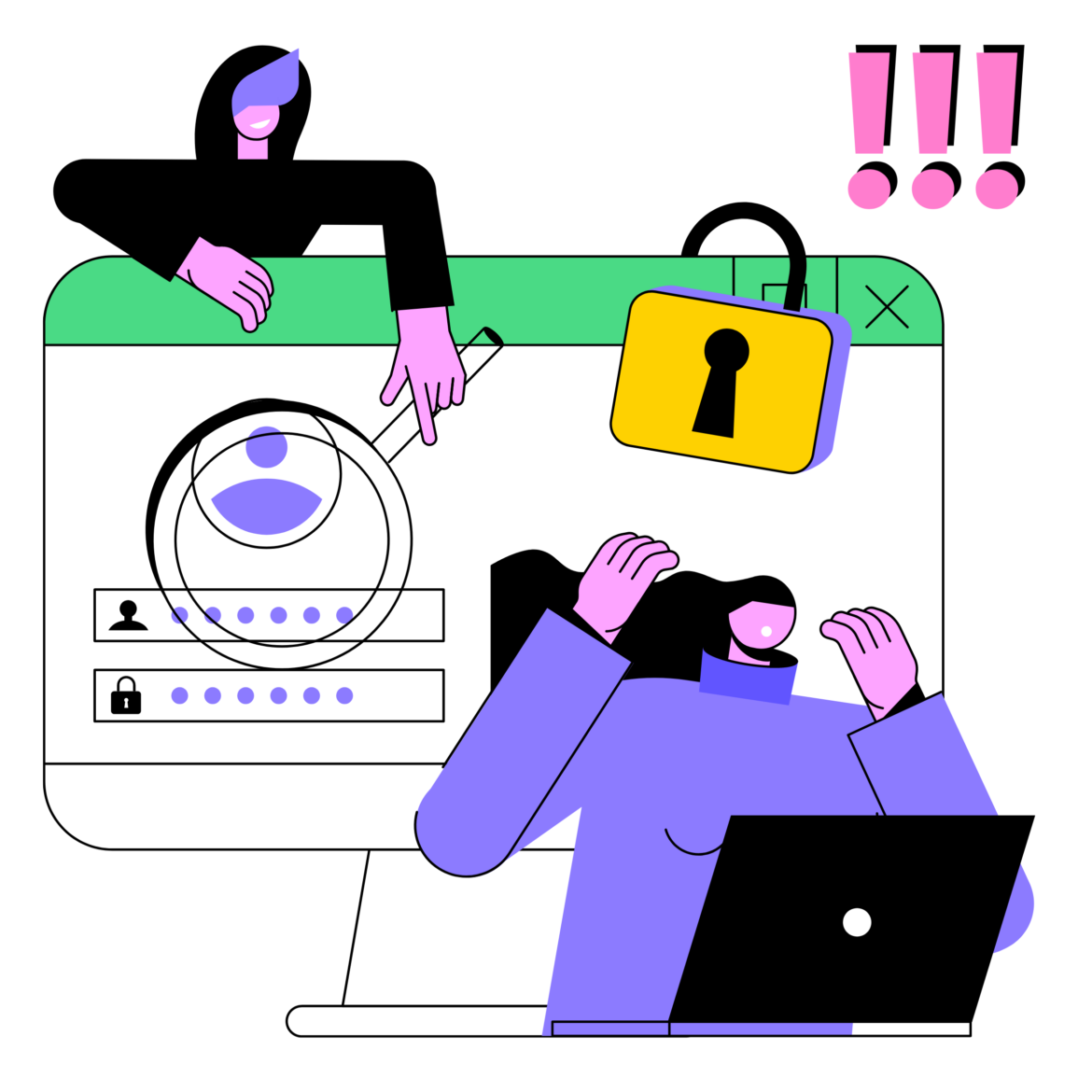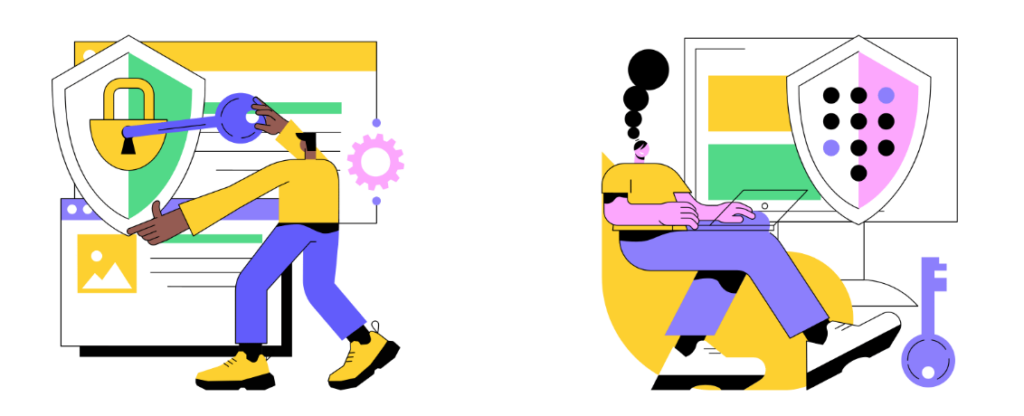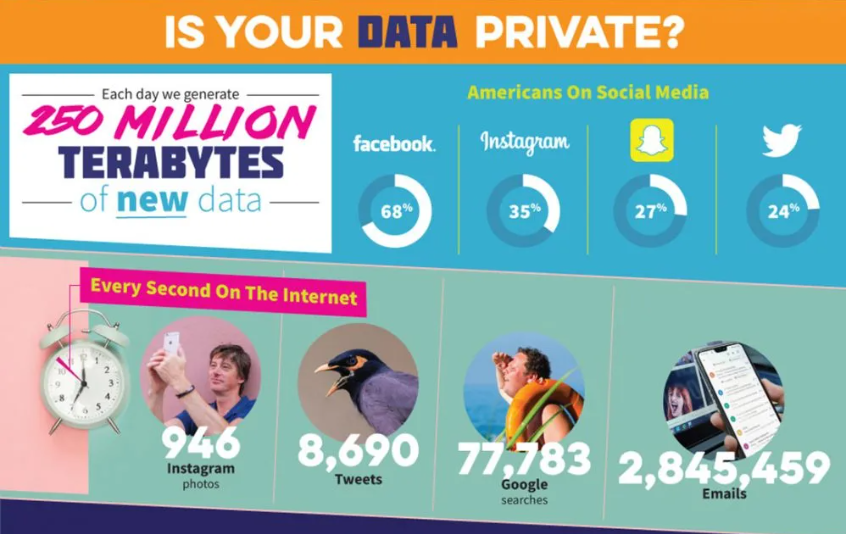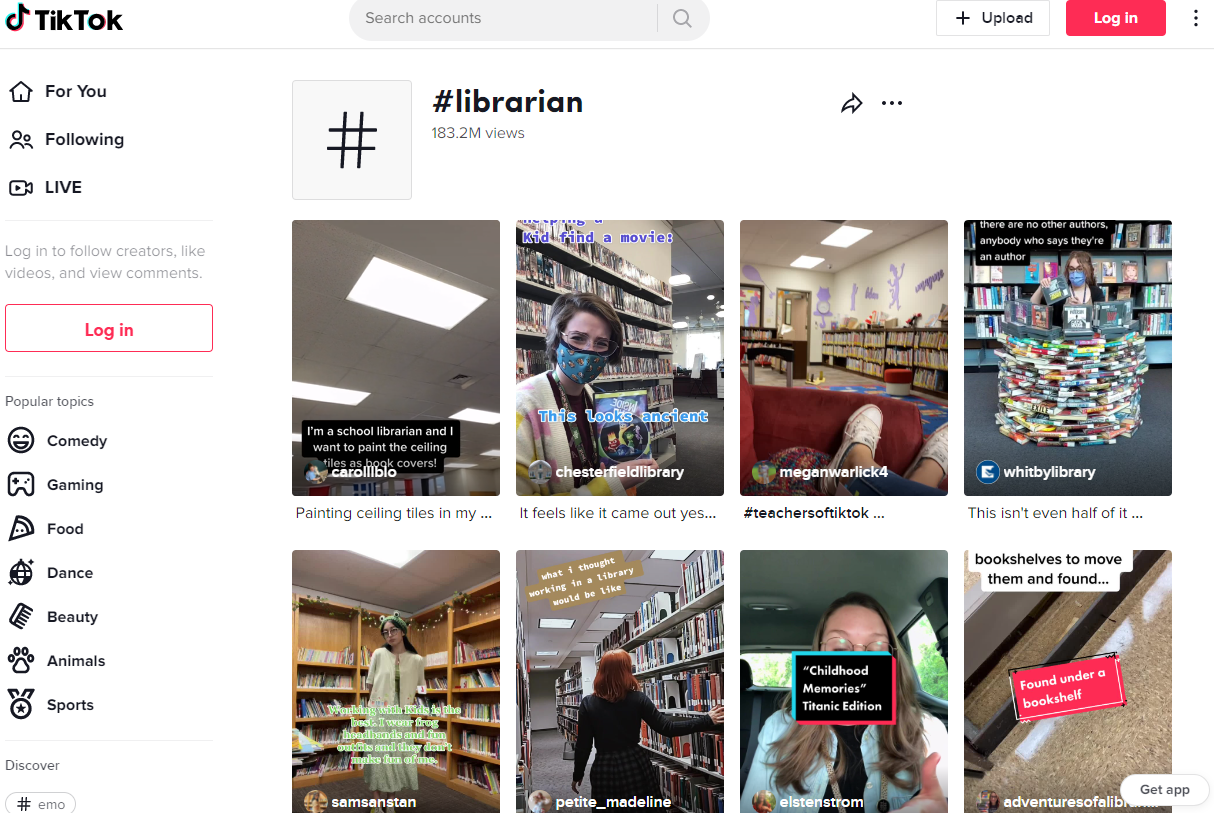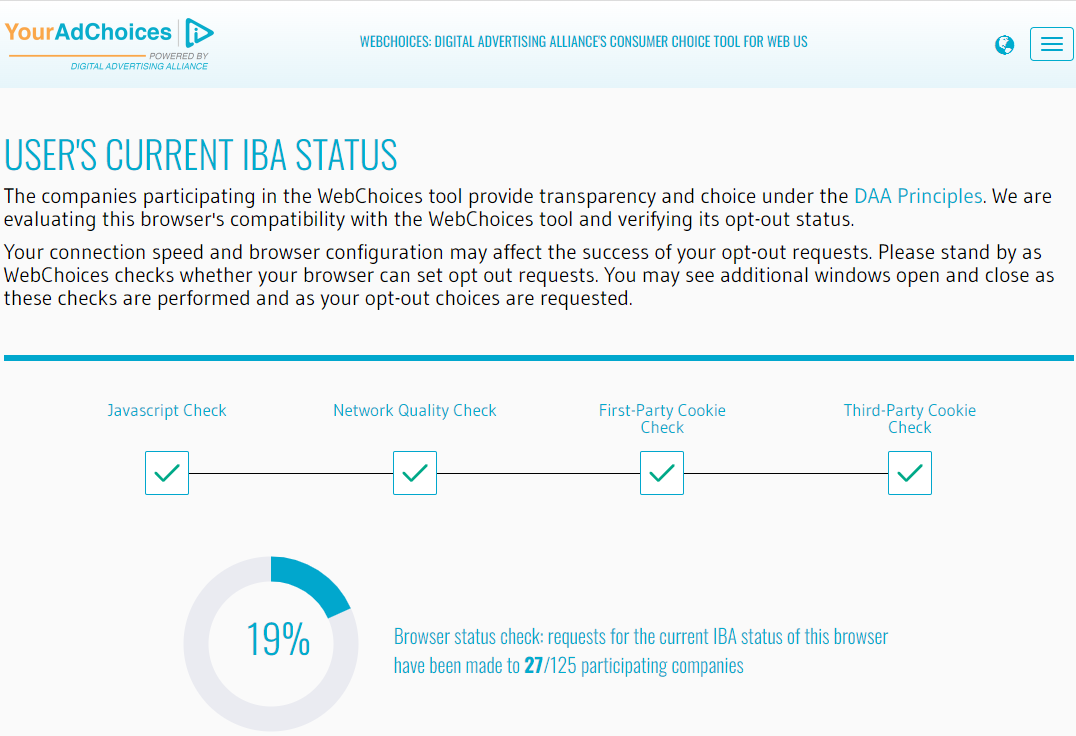Explore resources and strategies for teaching digital citizenship. Help students navigate the online world responsibly and safely.
Teaching students to evaluate, analyze, and think critically about information is absolutely essential. With advancements in technology, communication, and artificial intelligence, it’s easier than ever before for falsified information, photos and videos, and news to spread like wildfire, presented to the world as fact through social media and other avenues. Let’s take a look at some resources for fact-checking, vetting, and analyzing information. But first, let’s look at why it’s so important for students to learn how to assess source credibility.
What Is Fact-Checking?
Fact-checking is the process of assessing the credibility, accuracy, and validity of information. The goal is to determine whether information is true or false and whether or not a source is trustworthy and credible. It’s become so important to intercept misinformation that Duke Reporter’s Lab reported a total of 378 fact-checking projects operating in 2022, up from 186 in 2016, and down from 391 in 2021.
Why Is Fact-Checking Important?
There is a lot of information out there about misinformation and disinformation, its spread, and its impact. With our students being subjected to so much so often, as in daily – especially via social media – teaching them ways to fact check and identify credible sources is more vital now than ever before. We can be a part of changing statistics and helping our students be better informed. And we can do the same for ourselves!
Statistics on Misinformation and Fake News
If you want to dive into 18 gut-wrenching statistics on fake news and misinformation, take a look at this recent article (January 27, 2023) published by TechJury. It references sources from PEW Research, Business Insider, The Economist, and more. They offer some key statistical takeaways, mostly from 2020-2022, with two sources cited in the article from 2016.
Another study, conducted by Poynter Institute for Media Studies, MediaWise, YouGov Inc., with support from Google, found the following:
- 62% of respondents think they see false or misleading information online every week.
- 39% of respondents across countries say they have unintentionally shared false or misleading information.
- 55% of respondents say they have shared false or misleading information because they say they thought it was true. A third say they shared impulsively.
- The largest share of respondents in the US are only somewhat confident (36%) that they can identify information as false or misleading.
Additionally, a 2016 study by Stanford University on student ability to evaluate information showed that 7,804 students across 12 states had difficulty discerning sponsored content from actual news. They also had trouble “identifying where information came from.” The study consisted of five “tests” for middle school students, high school students, and university students. The authors of the study mentioned that, at every level, students lacked preparation and may focus on content rather than on sources when it comes to determining reliability. A more recent 2022 study by Stanford University showed that student ability to identify questionable websites increased twofold with just six, 50-minute lessons.
That said, let’s look at some resources to use with students to boost their skills when it comes to recognizing false information.
Resources for Student Fact-Checking
1. Civic Online Reasoning (COR)
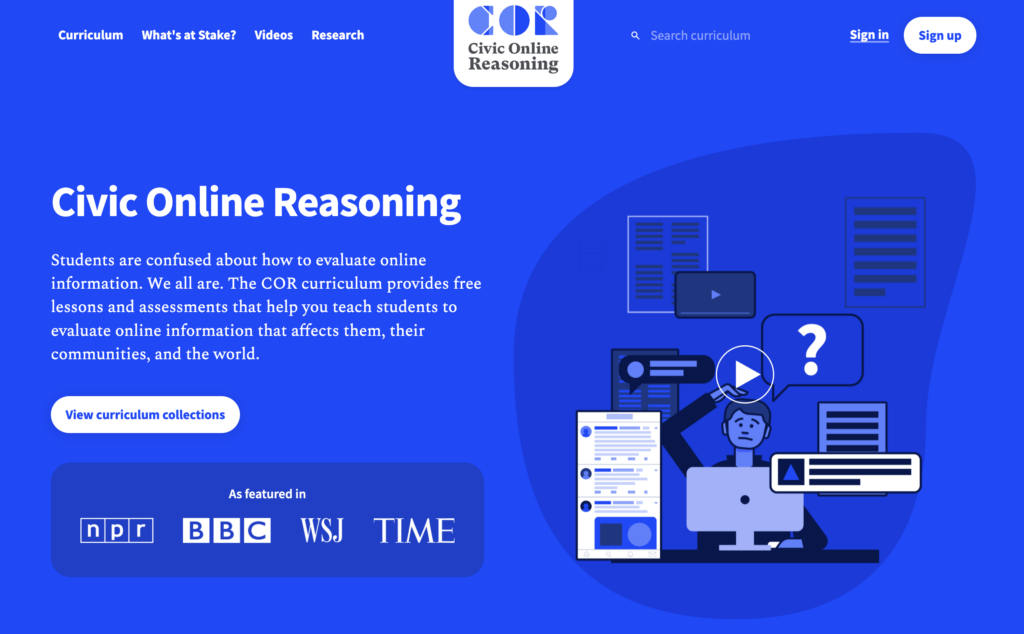
This is the curriculum that was tested in Stanford’s 2022 research study, which demonstrated that six, 50-minute lessons can positively impact students’ ability to discern credible information. The curriculum is based on three questions:
- Who’s behind the information?
- What’s the evidence?
- What do other sources say?
There are lessons (lateral reading, sponsored content, news vs. opinion…), assessments (website reliability, home page analysis, article evaluation…), and collections (for the history classroom, for the science classroom, classroom posters, click restraint…). This resource is of great quality and extremely relevant! Highly recommend.
2. News Literacy Project
I love this resource! The News Literacy Project has been around since 2008. As a nonprofit (like TCEA), it has a nonpartisan mission for news literacy and a vision for everyone to know how to identify credible news sources and information. New Literacy Project has a lot of resources for educators, including:
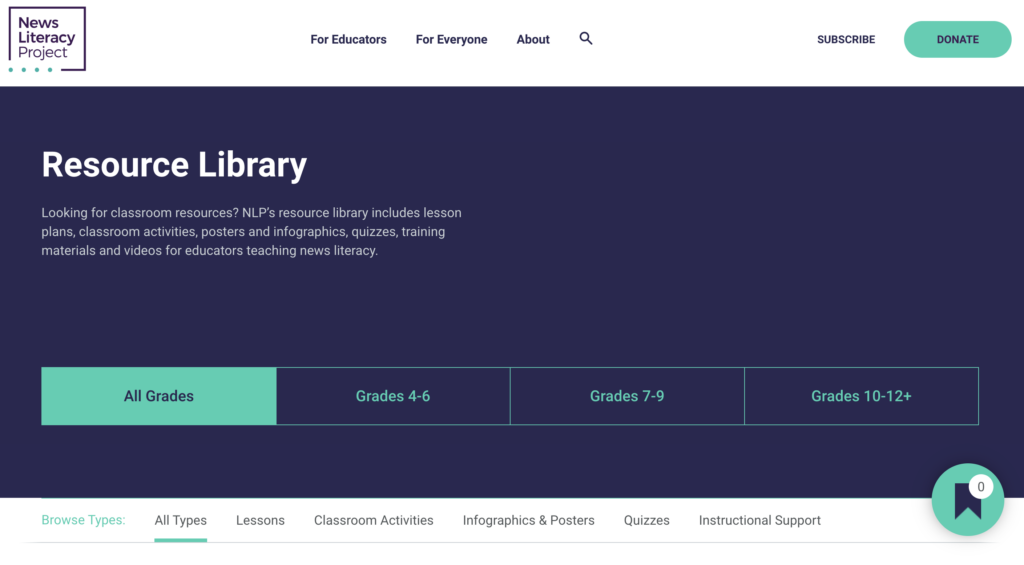
Checkology: “Checkology is a free e-learning platform with engaging, authoritative lessons on subjects like news media bias, misinformation, conspiratorial thinking and more.” For more information, read this.
The Sift Newsletter: “The Sift, NLP’s free weekly newsletter for educators — delivered during the school year — explores timely examples of misinformation, addresses media and press freedom topics, and discusses social media trends and issues. It also includes links, discussion prompts, and activities for use in the classroom.”
Resource Library: “NLP’s resource library includes lesson plans, classroom activities, posters and infographics, quizzes, training materials and videos for educators teaching news literacy.” (Grades 4-12+)
Professional Learning: “The News Literacy Project’s professional learning emphasizes teaching educators essential news literacy concepts they can integrate into the curriculum to provide their students with the abilities, knowledge, and confidence to navigate an increasingly complex and ever-changing information landscape.”
3. PBS Learning: Be MediaWise
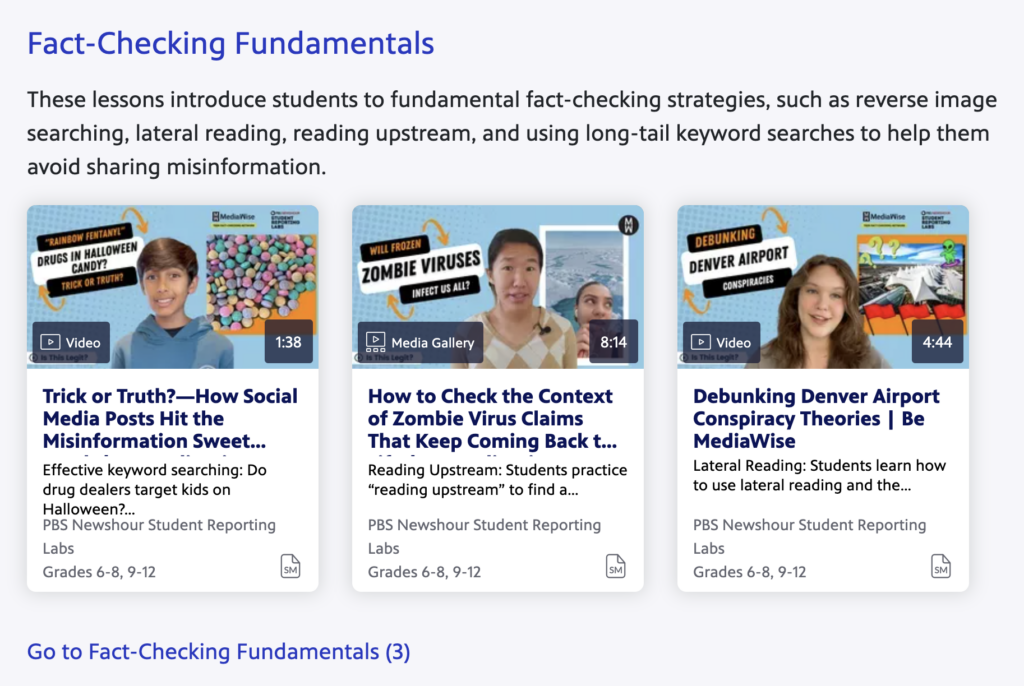
PBS offers resources and lessons for grades 6-12 on media literacy and fact-checking which are part of the Poynter Institutes’s Teen Fact-Checking Network. When you go to the site, you will need to change your city in order to proceed. You can share Be MediaWise lessons to your Google Classroom, to students using a link, or to your social media. Lessons offered range from ChatGPT and out-of-context quotes to checking scientific claims and how misinformation spreads. They also offer supporting materials like background reading, handouts, activities, discussion questions, and/or vocabulary.
4. Five Websites for Fact-Checking
There are numerous websites available to help students and teachers fact-check information. Here are a few of the top sites for fact-checking:
“When misinformation obscures the truth and readers don’t know what to trust, Snopes’ fact-checking and original, investigative reporting lights the way to evidence-based and contextualized analysis. We always link to and document our sources so readers are empowered to do independent research and make up their own minds.”
“Fact-checking journalism is the heart of PolitiFact. Our core principles are independence, transparency, fairness, thorough reporting and clear writing. The reason we publish is to give citizens the information they need to govern themselves in a democracy.”
“We are a nonpartisan, nonprofit “consumer advocate” for voters that aims to reduce the level of deception and confusion in U.S. politics. We monitor the factual accuracy of what is said by major U.S. political players in the form of TV ads, debates, speeches, interviews, and news releases. Our goal is to apply the best practices of both journalism and scholarship and to increase public knowledge and understanding.”
“AllSides™ is a media solutions company that strengthens our democratic society with balanced news, media bias ratings, diverse perspectives, and real conversation. We expose people to information and ideas from all sides of the political spectrum so they can better understand the world — and each other.”
“This tool allows you to easily browse and search for fact checks. For example, you can search for a politician’s statement, or for a topic. You can also restrict results to a specific publisher. You can search by keywords and see a list of matching claims and the corresponding fact checks. Keywords can be anything from specific topics to full politician quotes. Basically anything you would also put into the regular Google Search bar.
How do you plan to equip students and build their judgment when it comes to discerning the accuracy and validity of information and the credibility of sources? If you have any resources or activities to add, please showcase them in the comments, and thanks for reading!

